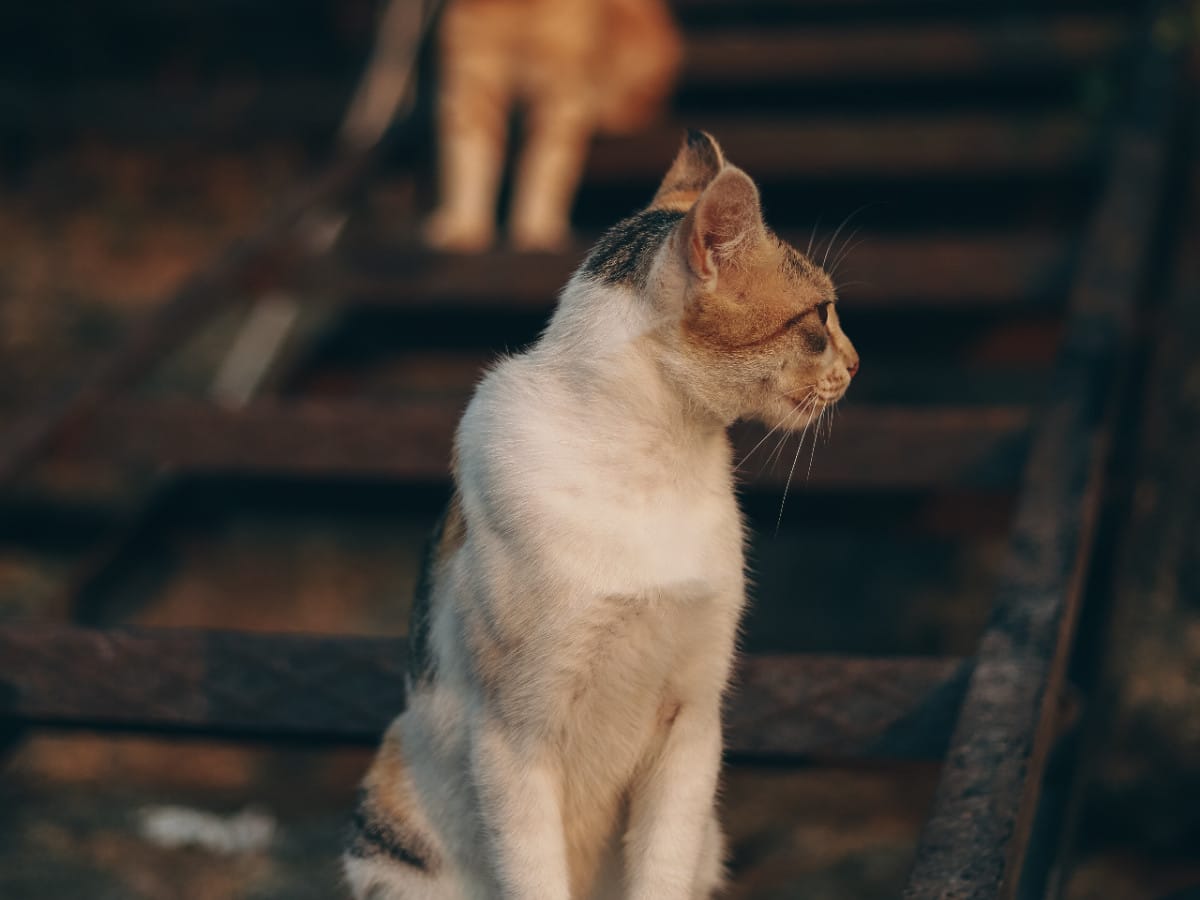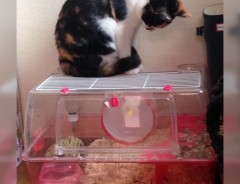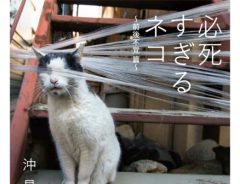
Source: © pexels.com
238 cats found in house: despite Japan’s love of pets, ownership issues still remain
Related Article
-

Two Cats Give Impressively Thorough Bicycle Inspection, Possibly Best in Japan
-

Mini kitty futon a big hit with cat siblings in Japan for an unintended reason
-

Student Intern Encounters Adorable Obstacle During Training
-

Japanese Artist Kazuho Imaoka Gorgeously Illustrates Beautiful Women And Their Cats
-

This Cat In Japan Learned The Cutest Trick By Watching Its Hamster Friend Everyday
-

Masayuki Oki’s Desperate Cats Photo Series Now Available as Miscellaneous Items


As in all countries, the people of Japan love their pets. According to Wikipedia, the country has been experiencing a pet boom since 2003. In a country with a declining population, cats and dogs have even outnumbered children in recent years. It seems childless residents all but consider their pets surrogate children.
However, historically speaking, this is a recent phenomenon. Japan is notoriously inconducive to pet ownership. The nation is densely populated and necessities like pet food and veterinarian visits come with a noteworthy price tag. Nevertheless, furry friends are becoming more common, with cats outnumbering dogs in Japanese households.
Yet, it seems there are growing pains. In recent years, several headlines have highlighted mistreatment as legislation, at times, seems slow to adapt. Unfortunately, 2019 also saw a record 105 suspected animal abuse cases. Most recently, authorities found 238 cats living in dismal conditions in a single Hokkaido house.
Cats Rescued from Overpopulated House
In late March, Sapporo City authorities in Hokkaido found 238 cats living in a single house. Sadly, they were kept in abysmal conditions. Many of the cats appeared to be underfed, and cat bones were found scattered across the floor. An animal welfare organization staffer told the Kyodo News that, "Bony cats were huddled close together, and the stench was so bad I could barely open my eyes."
The home was rented by a couple in their 50s and their son, who lived with the cats. The residents admitted that they did not spay or neuter their pets. As the cats grew in number, the family quickly became overwhelmed and unable to care for them. The situation was discovered by the family's landlord, who made a house call over unpaid rent.
The city's animal control center took the cats, which have now mostly been adopted as pets or given to other animal welfare bodies. Sadly, many had health-related issues like hearing loss and malnutrition. While animal rights activists are calling for penalties, it is not certain how local police will react.
Work to Be Done
As mentioned, pet ownership was not historically common in Japan, although domestication did occur in rural areas. It has increased in recent years, and the 1973 Act on Welfare and Management Animals is the primary law regulating animals' treatment. It was updated in 2012.
Despite this, according to the National Police Agency, the number of animal abuse cases is experiencing an upward trend. Several shocking incidences have made headlines in recent years. As such, Japan received a D rating (on an A-G scale) by World Animal Protection, an international non-profit animal welfare organization.
Adding to the concern, pet cafes, an industry opposed by animal rights activists, are growing in popularity. At these places of business, customers can relax with a drink while experiencing the company of a variety of animals. Cat and puppy shops are common, but more exotic animals like pigs and hedgehogs are sometimes featured.
Nevertheless, activists claim such cafes can be harmful to animals. Chihiro Okada, an official of the Animal Rights Center in Japan, noted to Deutsche Welle, "We do not believe that it's a good idea for animals like owls, for example, to be in these places because their movements are constantly restricted." A petition on her website gathered some 60,000 signatures calling for the end of such cafes.
Yet, there are positive developments. Like their human counterparts, pets in Japan are experiencing an increased lifespan. The development comes as pets receive more veterinary treatment and a greater number of medical procedures such as CT scans, blood transfusions, and the like. Insurance providers have been pivotal by helping control prices by increasingly offering pet insurance to households. Typically, products cover up to 70 percent of bills.